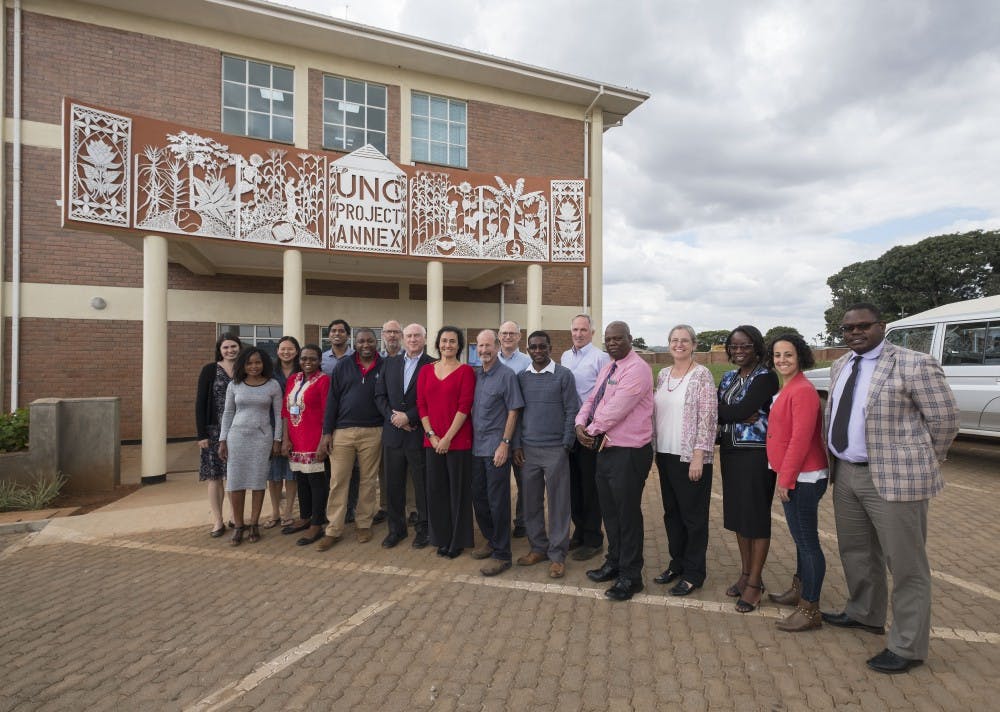CORRECTION: An earlier version of this article incorrectly stated who UNC Project-Malawi is a collaboration between. It is a collaboration between UNC, Malawi Ministry of Health and the Malawi College of Medicine. The story has been updated online with the correct information. The Daily Tar Heel apologizes for this error.
A UNC professor of neurosurgery is preparing for her next trip to Malawi in East Africa in March through UNC Project-Malawi, a collaboration between UNC, Malawi Ministry of Health and the Malawi College of Medicine. The project is dedicated to improving the quality of health care for the people of Malawi.
Carolyn Quinsey first traveled to Malawi during her residency at UNC to assist on a research mission regarding head injuries.
In the next month, Quinsey, along with her colleague, Dr. Eldad Hadar, will travel to Lilongwe, the capital of Malawi, to focus on improving neurosurgical care and supporting Kamuzu Central Hospital’s newest neurosurgeon, Ken-Keller Kumwenda.
“Just having this collaboration and having a neurosurgeon willing to come knowing that we’ll be there to support him will allow us to keep a good neurosurgeon in what is normally a very poor-resourced place,” Quinsey said.
The pair travels to Malawi twice a year for two weeks at a time.
Quinsey said the two main medical issues the Malawian population faces are head injuries and hydrocephalus, a condition common in children when fluid accumulates in the brain.
Due to the high volume of hydrocephalus cases in sub-Saharan Africa, neurosurgeons in Africa are much more skilled at the necessary preventive procedure, Quinsey said. She said she hopes Malawian neurosurgeons will also acquires these skills and eventually help train UNC residents.
“I certainly don’t think that I’m the hero in this by any source of the imagination,” Quinsey said. “I think that UNC is a really unique hospital that supports this global work.”




